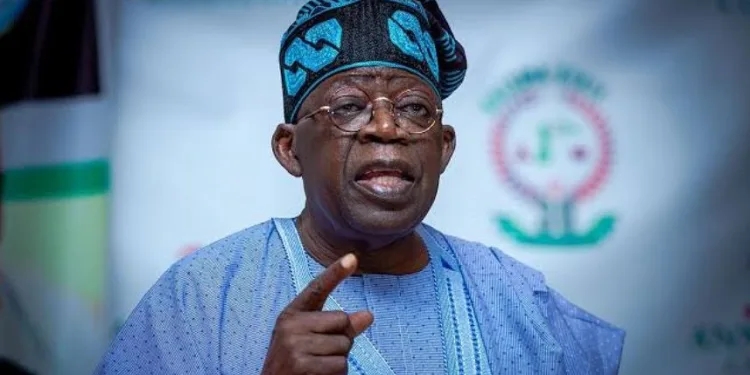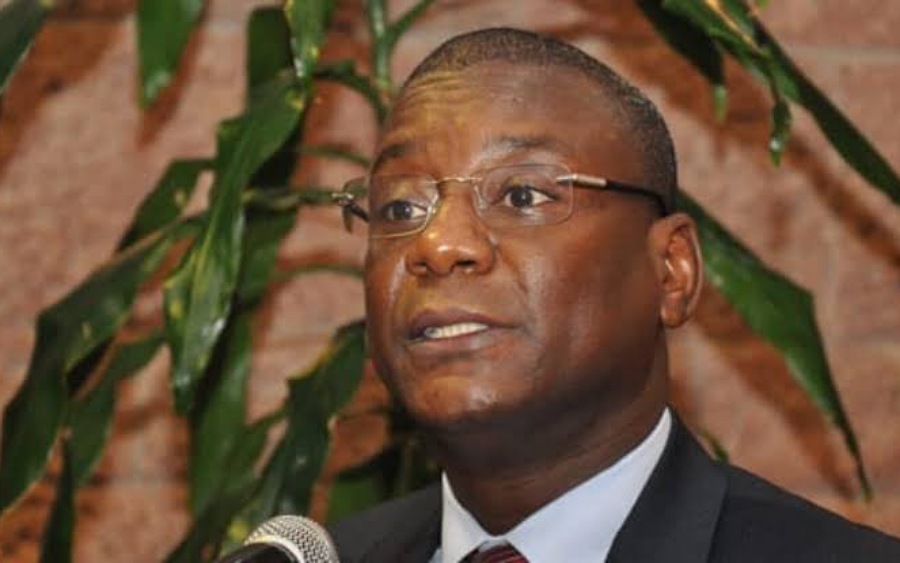Nigeria has ranked 8th African country with well-developed electricity regulatory framework, among 36 countries surveyed by the African Development Bank (AfDB) in 2020, moving up 6 places from the 14th position it ranked in 2019.
This is according to the Electricity Regulatory Index report by the African Development Bank (AfDB). The ERI report is a composite index of the AfDB which measures the level of development of electricity sector regulatory frameworks in African countries against international standards and best practices.
The report, which covered thirty-six counties in its third edition, represents the efforts of the AfDB to foster proper electricity regulation in Africa.
In this context, the Vice President, Power, Energy, Climate and Green Growth, at the AfDB, Dr. Kevin Karuiki, submitted that “The AfDB has been at the forefront of efforts to mainstream electricity sector regulation issues in Africa within the broader sector discourse, recognizing the importance of establishing robust legal and regulatory frameworks to support the financial sustainability of the sector and attract private sector investment”.
(READ MORE: Ikeja Electric warns customers not to pay staff for metering)
The indicators for Regulatory Governance and Regulatory Substance were used to construct the ERI for Governance and Substance (ERIGS) using primary data obtained from questionnaires sent to regulators.
Key highlights from the report
- 69% of countries surveyed have regulatory mechanisms in place to facilitate electricity access
- In 21 of the 36 countries surveyed, the utility is not involved in funding rural electrification. The government, NGOs, and consumers do this.
- In 90% of the countries surveyed, the Executive holds the power to appoint board members and heads of regulatory institutions who report to them. This removes the core of decision-making independence from regulators, who are subjected to subtle and direct political pressure to skew key regulatory decisions towards the political inclination of the government in power.
- Most countries have legislation to deal with conflict of interest among commissioners and heads of regulatory institutions while in office. However, few have adequate mechanisms to regulate conflict of interest and other ethical issues, affecting the integrity of regulatory decisions.
- Political authorities have a significant influence on the finances of regulatory authorities. In many instances, laws establishing regulatory institutions do not clearly indicate sources of funds for the institution.
(READ MORE: Meter roll-out: FBNQuest partners investment firms to bridge $1billion metering gap)
What they are saying
The Director for Energy Financial Solutions, Policy and Regulations, at the AfDB, Wale Shonibare, submitted that “Covid-19 related restrictions had increased residential electricity demand and decreased industrial/commercial demand, which had resulted in shortfalls in the projected revenues of utilities”.
Shonibare further noted that “regulators will be required to play an even more critical and central role post-Covid-19, to ensure that the sector recovers with a minimal and controlled impact on consumers and utilities”. He asserted this is necessary in order to “address these challenges”.
(READ MORE: Gold price loses $80 following Russia’s COVID-19 vaccine approval)
What you should know
The third edition of the ERI report was launched during the Digital Energy Festival of the Africa Energy Forum, on 5 November 2020. The event brought together more than 70 stakeholders in the energy sector, regulators, international organizations, and development finance institutions like Africa50 and the World Bank.




















So should we start dancing? Maybe
Should we be start crying? I don’t know
Is the index for people wey pole pass their house? Please let them do it by the number of hours an average household had light. Then much will be left to be deserved.
Once person get pole, utility bill follows.